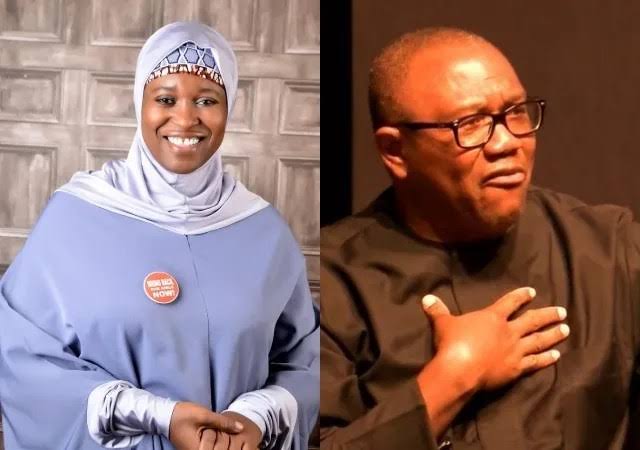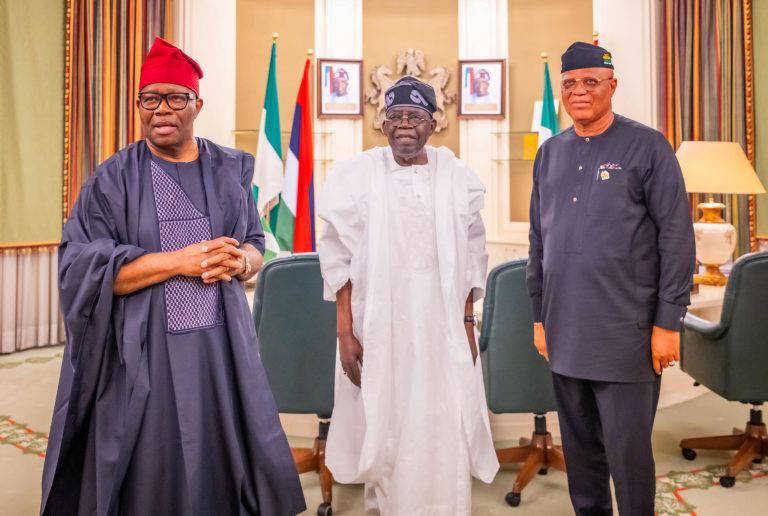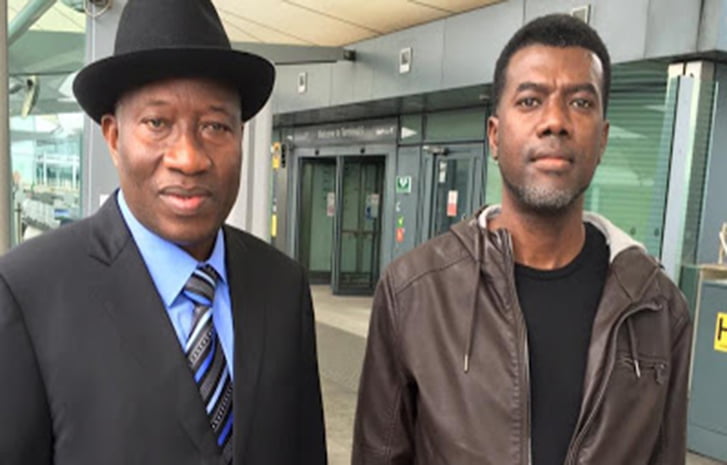A major controversy has erupted within Nigeria’s political space after the factional Publicity Secretary of the Labour Party (LP), Arabambi Abayomi, called on President Bola Ahmed Tinubu to order the arrest, investigation, and prosecution of former Labour Party presidential candidate Peter Obi, along with activists Aisha Yesufu and Sarah Ibrahim.
In an open letter addressed to Tinubu, Abayomi argued that the President must uphold the rule of law by ensuring that no political figure or activist is allowed to spread what he described as defamatory, seditious, or destabilizing rhetoric against the office of the Presidency and the Nigerian state.
Abayomi alleged that Obi, who recently issued a legal notice against activist Deji Adeyanju for defamation, had himself engaged in actions and comments that amounted to disparaging the President and undermining national unity. He cited an October 2023 press conference in Abuja where Obi questioned Tinubu’s identity, parentage, and academic credentials, saying it caused “undeniable national embarrassment” and sowed division across the country.
He further accused Obi’s supporters and allies, particularly Aisha Yesufu and Sarah Ibrahim, of consistently using social media to brand Tinubu’s administration as “illegitimate.” Abayomi argued that such statements were in blatant disregard of the Supreme Court’s final judgment affirming Tinubu’s election and therefore amounted to sedition and cyber-related offences.
In his statement, Abayomi said: “The profound irony of this action cannot be overlooked. This is the same Mr. Peter Obi who… orchestrated a media spectacle that caused undeniable national embarrassment… Yet today, he rushes to court to defend his own reputation.” He described Obi’s political movement as one that thrives on “malicious campaigns of calumny” targeted at Tinubu while simultaneously seeking legal protection from criticism.
Abayomi’s demands were presented in three clear points. First, he urged Tinubu to direct the Department of State Services (DSS) and the Attorney-General of the Federation to immediately investigate and arrest Obi, Yesufu, and Ibrahim over alleged treasonable felony, cyberstalking, and cyberbullying. Second, he called for the rule of law to be applied equally, insisting that those criticizing the President must face the same legal scrutiny as Obi now demands for himself. Third, he asked Tinubu to use the opportunity to send a clear message that no individual, regardless of political status, is above the law.
To strengthen his position, Abayomi disclosed plans to initiate a legal process. He stated that his legal team, led by Barristers Anderson Asemota and Mawah Monday, was preparing a Mandamus suit at the Federal High Court in Abuja. The suit, according to him, would seek to compel President Tinubu, in his capacity as the Chief Security Officer of the nation, to order relevant agencies to carry out their constitutional duties by investigating the three individuals.
He insisted that the era of impunity must end and that respect for Nigeria’s leadership and institutions must be restored. In his words, “Nigeria must be a country where freedom of speech is respected, but where deliberate falsehoods, seditious rhetoric, and attempts to undermine the legitimacy of a constituted authority are met with the full force of the law.”
The open letter comes amid heightened political tension as Obi continues to maintain a strong support base across the country despite losing the 2023 presidential election. His legal actions against Adeyanju for defamation have reignited debates on the boundaries between freedom of expression, political criticism, and defamation in Nigeria’s democracy.
Reactions to Abayomi’s call are expected to be sharp and divided. Supporters of Obi and the “Obidient” movement are likely to see the move as an attempt to silence opposition voices, while critics may argue that persistent attacks on Tinubu’s legitimacy undermine the authority of the presidency and national stability.
The Labour Party itself has been plagued by internal crises, with multiple factions laying claim to the party’s structure. Abayomi represents one of these factions, which has frequently clashed with Obi’s loyalists over control of the party. His latest intervention is therefore seen not only as a political statement but also as part of the ongoing struggle within the LP over its direction and leadership.
As of now, neither Obi, Yesufu, nor Ibrahim has publicly responded to Abayomi’s letter. The Presidency also has not issued an official reaction. However, the development adds a new dimension to the already contentious political climate, raising questions about the future of opposition politics in Nigeria and the limits of free speech in relation to political authority.





